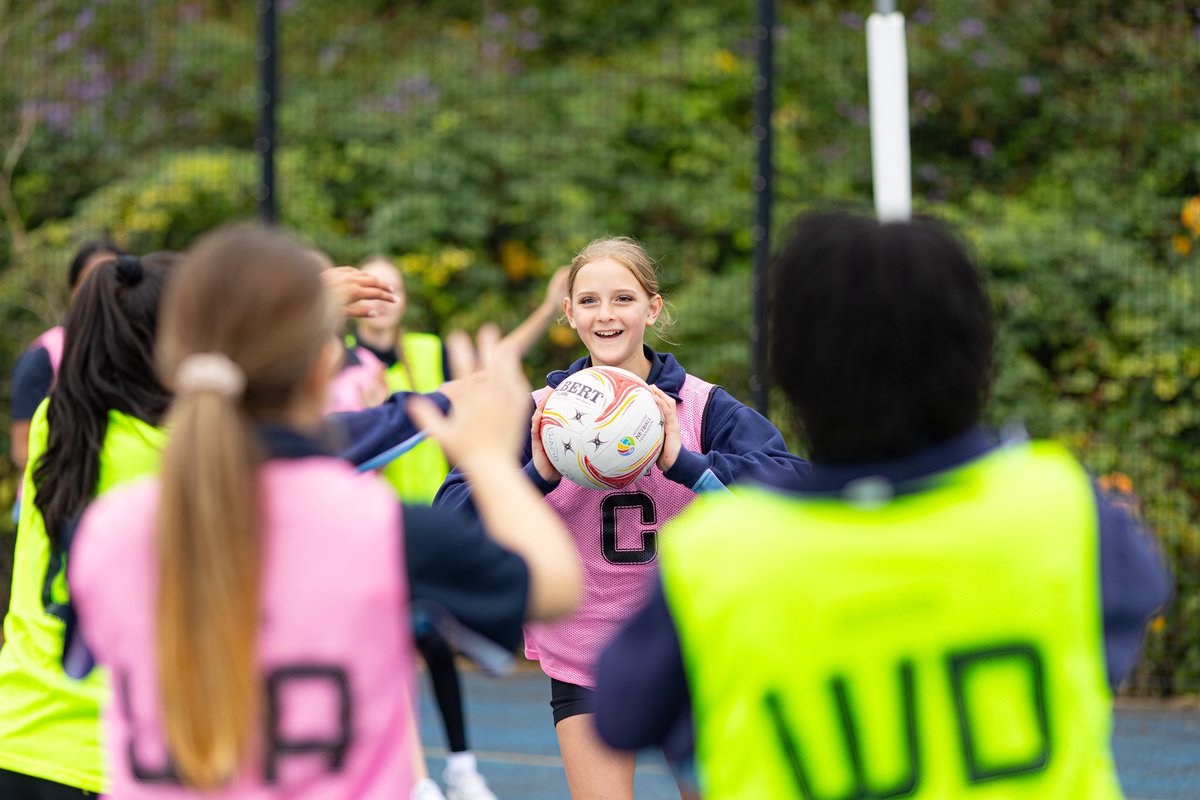Sociology
Part 1: Opening ambition and philosophy
Sociology is the study of society. Our curriculum increases students understanding of the social world and places the individual within a social context. Students will develop an awareness of differences between social groups and will have the opportunity to explore and challenge a range of competing views that exist within society. Students studying Sociology will foster curiosity about the ever-changing world around them and develop as individuals who are aware of contemporary societal issues.
Students will have an understanding of concepts such as inequality, discrimination and life chances and how they impact people in society in different ways. Students will show empathy when approaching these issues. They will understand the causes of these and be thoughtful of others and respectful of people with different lifestyles. In addition, students will be encouraged to think critically and challenge controversial views that exist within society.
As sociologists, students will uncover the changes that have taken place in the family since the 1950s, will have an understanding of differential educational achievement in the UK today and a range of factors that can contribute to committing crime. In addition, students will know how sociological research has aided our understanding of society and be able to use this to explain and evaluate ideas. They will also acquire knowledge of a range of research methods that are used to conduct research.
Sociology students will have an enthusiasm for studying society; they will be curious to explore the world around them and be able to make connections to their sociological knowledge in all aspects of life. They will also develop as individuals, becoming well-rounded human beings with an awareness of their own behaviour as individuals and why as a society people act the way they do.
Part 2: Year by year synopsis
In Year 10, students will be able to use and develop skills acquired in other subject areas. The study of sociology will begin with learning about the process of cultural transmission. They will use this knowledge to explain where we learn our culture from and how. Students will then build upon this knowledge and be able to make connections to it through studying the topics of family and education. They will be able to articulate the changes and debates connected to family life and the reasons for differential achievement between social groups within education. Students will know a range of sociological theories and evidence. They will be able to apply this to each topic and construct logical explanations and debates in order to reach a reasoned conclusion. Students will then complete Year 10 by studying research methods so that they can identify the issues that researchers may face when conducting research and be able to explain the strengths and weaknesses of a range of research methods. At the end of Year 10 students will have gained crucial knowledge of human behaviour in contemporary society today and how it is studied.
Year 11 students build upon their prior knowledge with an in-depth study of social differentiation and stratification. They will be able to answer exam questions drawing upon examples from topic studied in Year 10. Through examining this topic students will be able to demonstrate links between topics and develop their critical thinking with application of their knowledge to a range of new concepts. Students will study differences between social groups and how this can impact life chances. In addition, they will examine patterns in crime rates and be able to articulate a range of reasons for the differences between these among different social groups. Students will be able to draw upon prior knowledge of research methods to identify potential problems with official statistics and use a source to interpret graphs and identify trends within research. By the end of Y11 students will be able to use sociological knowledge to describe, explain and evaluate a range of ideas and reach a reasoned conclusion.
Year 12 begins with an introduction to key sociological concepts and perspectives that are integral to the course. Students will then build upon this knowledge and apply it to the topics of research methods, family and education. They will be able to explain the difference between positivism and interpretivism, including the methods used and the rationale behind this. Students will learn various strengths and limitations of a range of research methods and sampling methods. Alongside this, students will gain awareness of the changes that have taken place to the family in Britain since 1900s and the ongoing debates that exist around family life today. Students will finish Y12 with an understanding of differential achievement between social groups within education and reasons for this. They will also examine the impact of social policy on education and the sociological perspectives of the role of education. This will finally be drawn together by looking at research methods in an educational setting and evaluating which methods would be best to use in certain contexts. By the end of Year 12 students will be able to use, apply and be critical of a range of sociological perspectives.
In Year 13 students will develop their skills through answering linked questions which will require them to think more synoptically. Students will know and be able to explain with evidence, the patterns of beliefs in society and be able to construct arguments both for and against the view that secularisation is taking place in society today. They will be able to apply sociological theories to the study of crime and deviance, identify trends in crime and victim statistics and articulate a range of reasons for differential crime rates between social groups. In addition, students will develop a deeper understanding of theories and be able to use this knowledge to construct a more complex evaluation of arguments presented, making connections to various parts of the specification. By the end of Year 13, students will have detailed knowledge which they can use to identify and debate sociological issues in contemporary society.
Documents
| Sociology LTP 2023 24 NV | Download |























